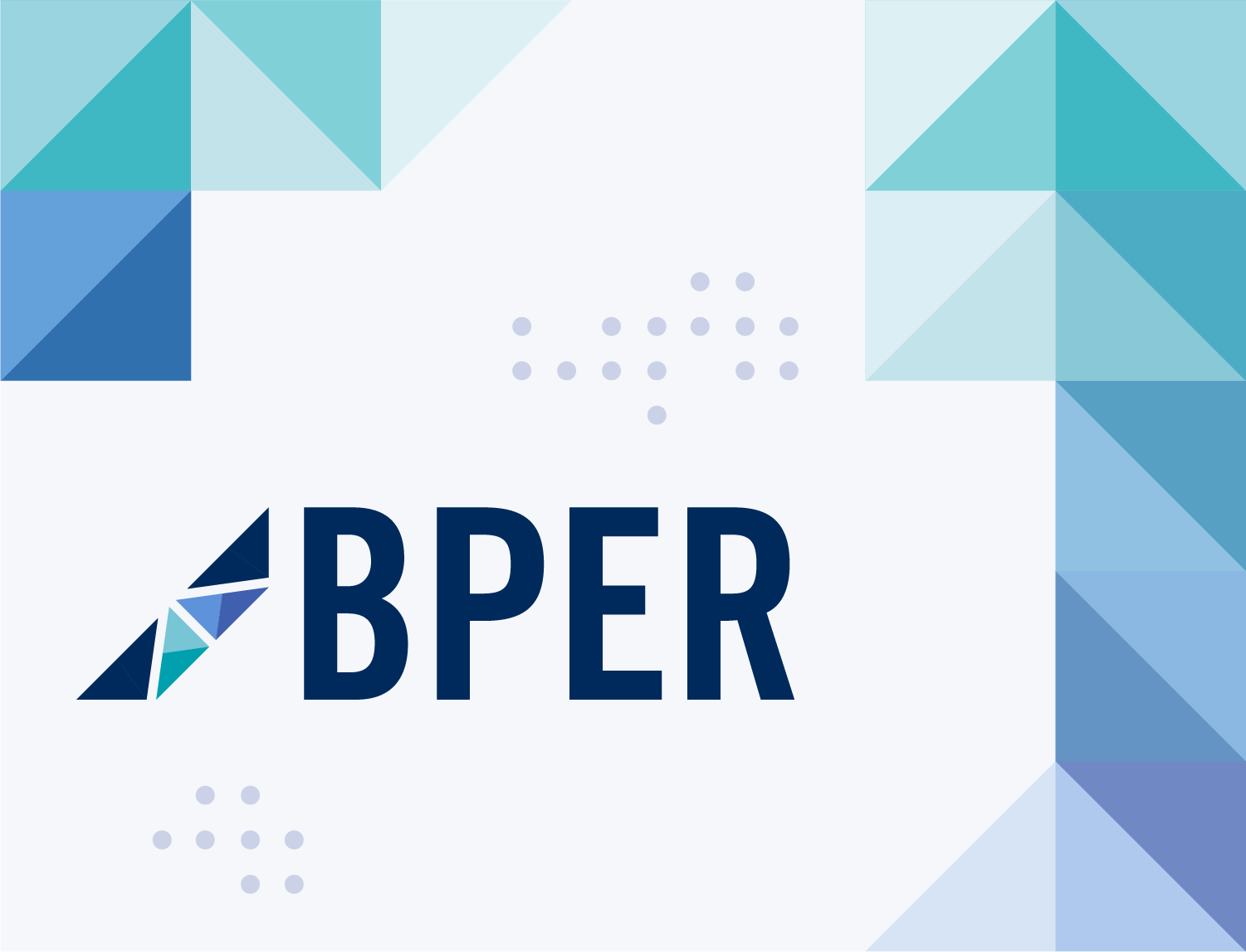Supporting Learners Who Witness and Experience Mistreatment
Utilizing short didactic presentations, group discussions, small group activities as well as case scenarios, this highly interactive workshop will provide an overview of the role, scope, strategies and resources faculty/preceptors/supervisors should consider in order to support learners who witness or experience mistreatment.
No events to show
Description
For faculty, supervisors, preceptors and additional staff (as applicable) who supervise learners across the health professions, this workshop will explore the role, scope, strategies and resources faculty/preceptors/supervisors should consider in order to support learners who witness or experience mistreatment.
At the end of this workshop, participants will be able to:
1) Describe different forms of learner mistreatment (including definitions, types, and prevalence);
2) Clarify their role in intervening in situations of learner mistreatment to offer support and referral;
3) Identify key resources for ongoing support for learners who experience or witness mistreatment within their organization and the broader academic health science system
Please note that there will be some pre-work required for this workshop, including a personal reflection and a resource worksheet. Registrants will receive further details when they register.
Relevant Resources
Click here to see resources related to: Learner Mistreatment.
Event Details
-
Start date: Jun 18Duration: 3 HoursLocation: OnlinePresenters: Reena Pattani, Meeta PatelCost:Offers:
- CFD Member Discount (2 workshops): Free
- Stepping Stones Participant Discount: Free
- $50.00 incl. Tax
Additional Info:Tags:Registration available in March!
Recommended Events
-
 9MarTeaching for Transformation is a three day immersion in the education paradigms and practices needed for today's health care work.
9MarTeaching for Transformation is a three day immersion in the education paradigms and practices needed for today's health care work. -
 10MarLeadership in medicine is often framed in terms of skills and competencies. Yet many of the challenges clinicians face require something deeper: character. This session introduces character-based leadership as a complementary and necessary lens for understanding leadership in health professions education and clinical practice.
10MarLeadership in medicine is often framed in terms of skills and competencies. Yet many of the challenges clinicians face require something deeper: character. This session introduces character-based leadership as a complementary and necessary lens for understanding leadership in health professions education and clinical practice. -
 26MarIf you're beginning to explore or step into leadership roles—formally or informally—this workshop will provide a supportive space to clarify your goals, build on your strengths, and take steps toward growth in your leadership journey.
26MarIf you're beginning to explore or step into leadership roles—formally or informally—this workshop will provide a supportive space to clarify your goals, build on your strengths, and take steps toward growth in your leadership journey.

